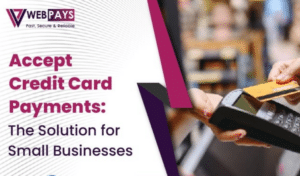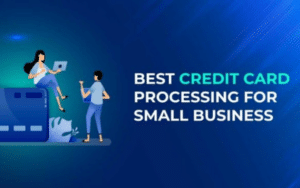Lowest Credit Card Swipe Fees: A Guide for Businesses
Credit card swipe fees, also known as interchange fees, are charges imposed by payment processors for each transaction made using a credit card. These fees can vary depending on several factors, including the type of card used, the merchant’s industry, and the processing method. Understanding the Factors Affecting Credit Card Swipe Fees Interchange Fees Interchange


